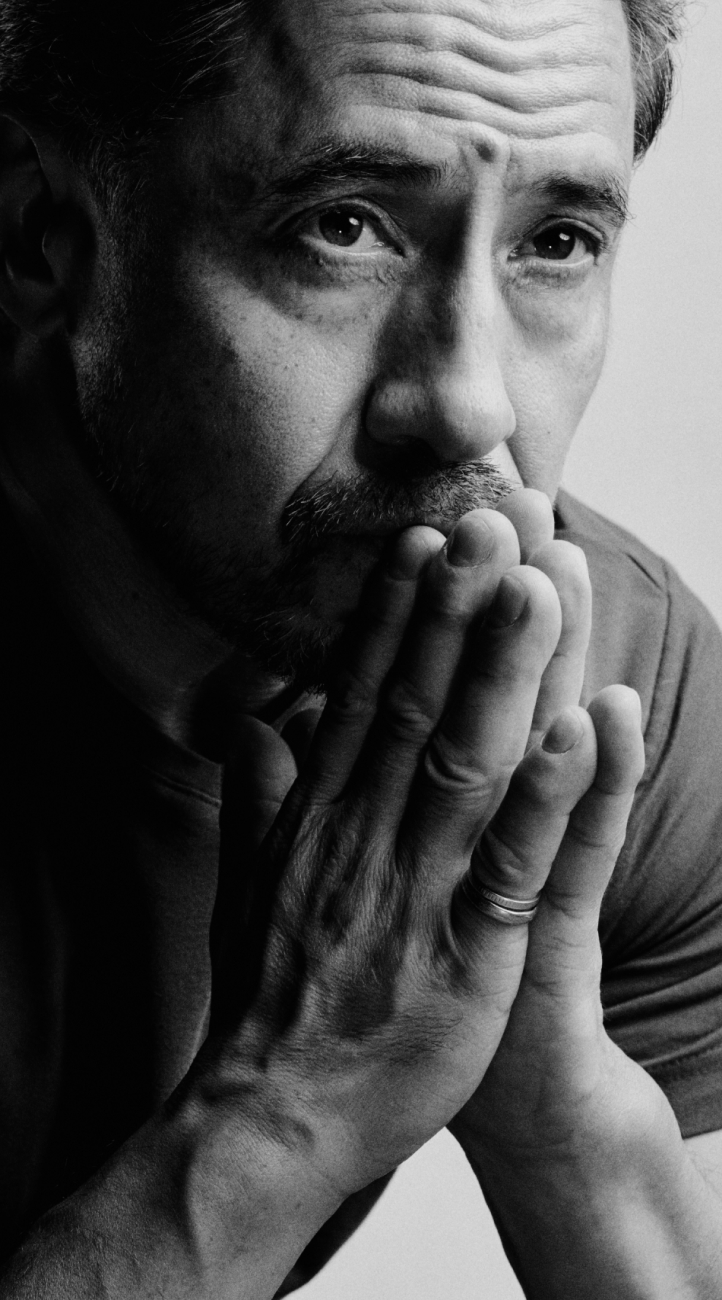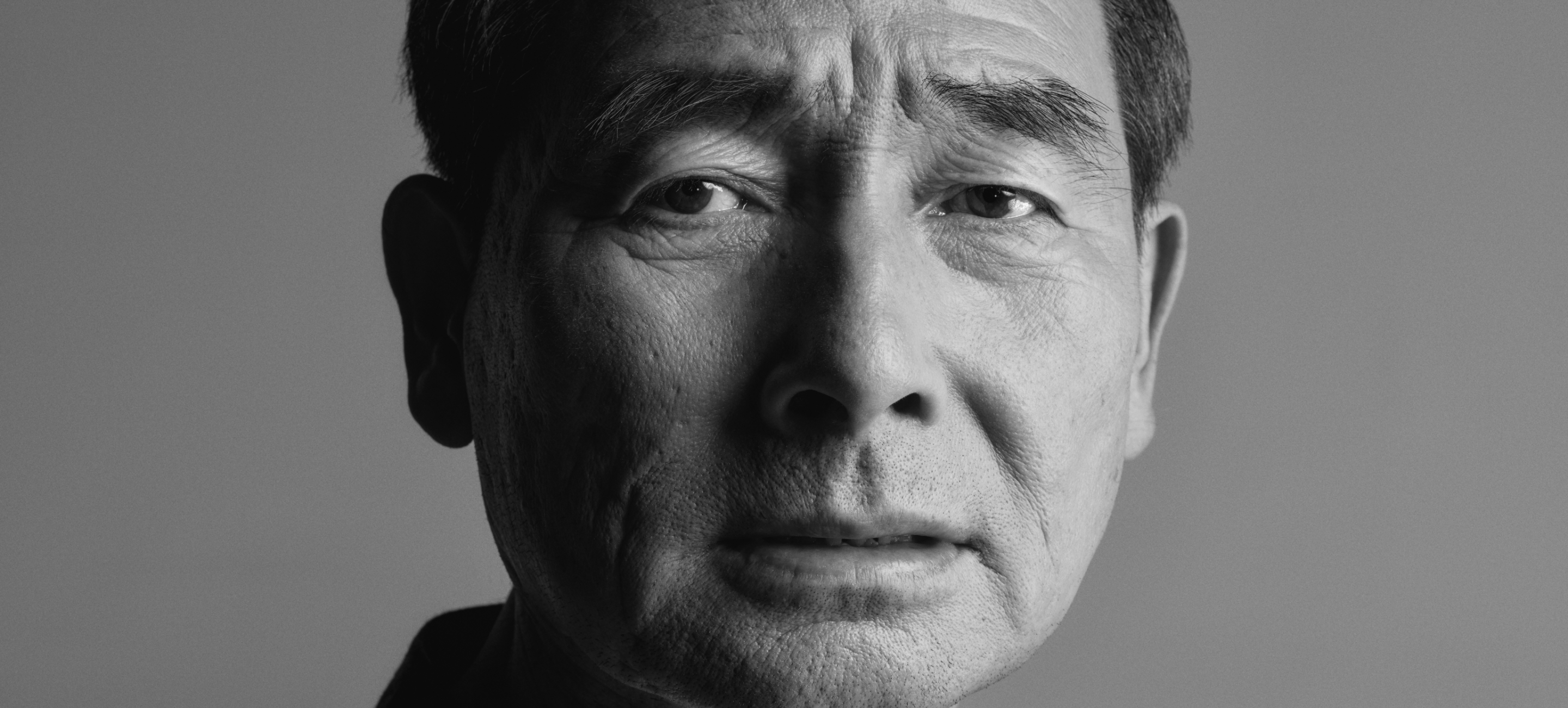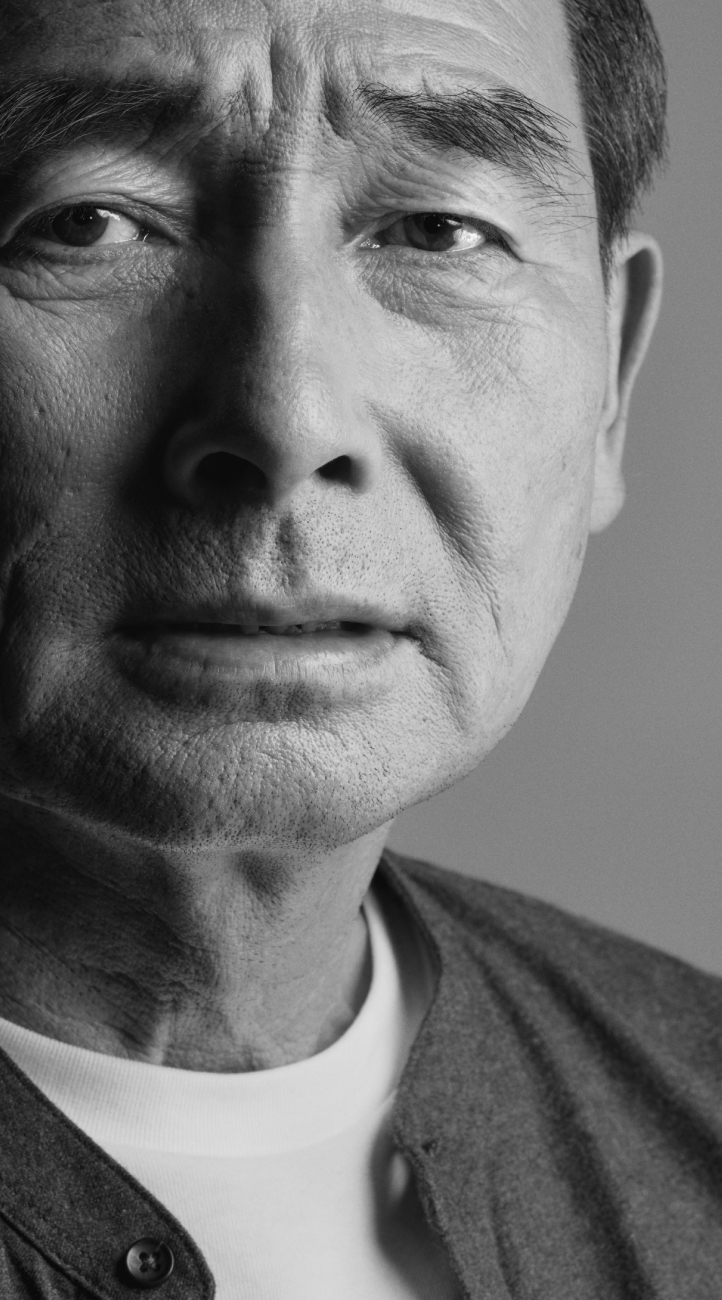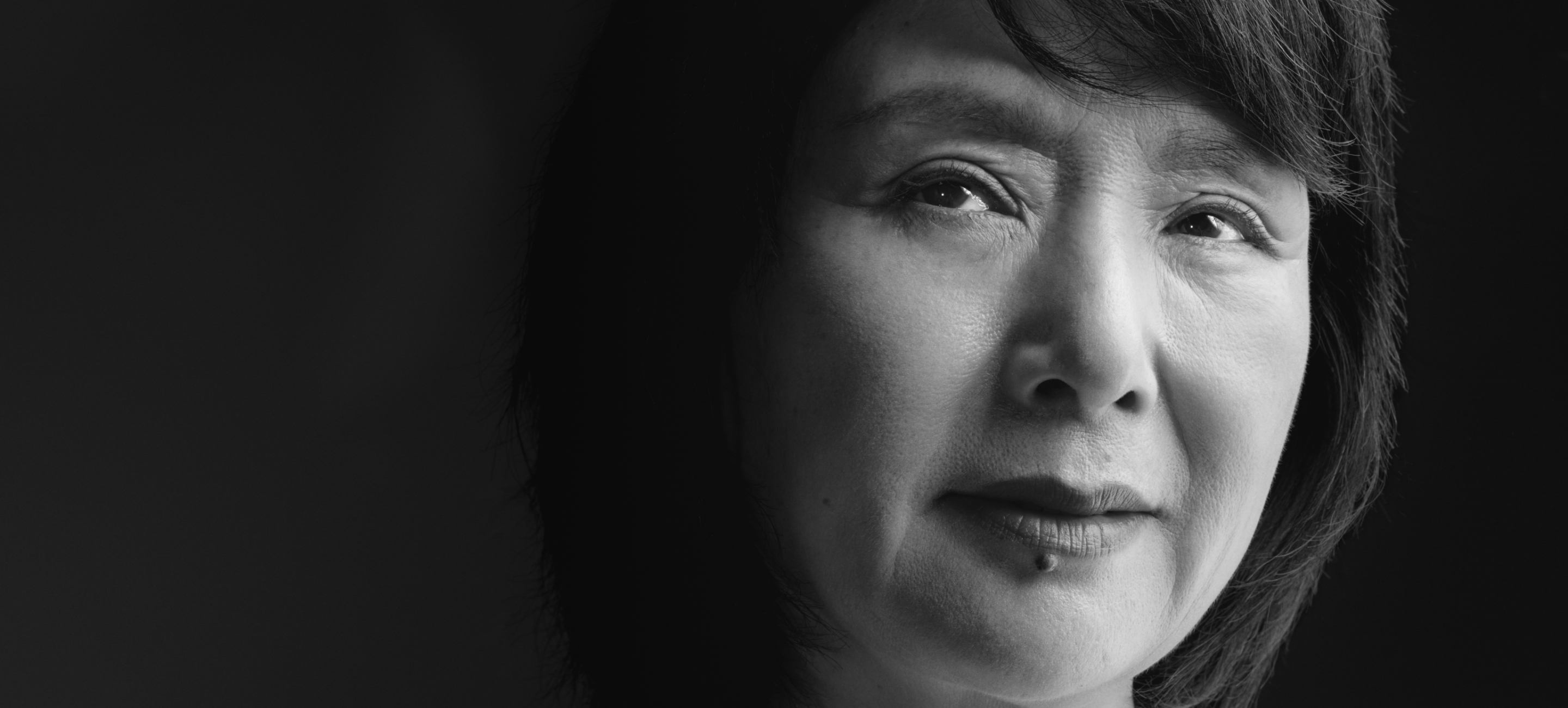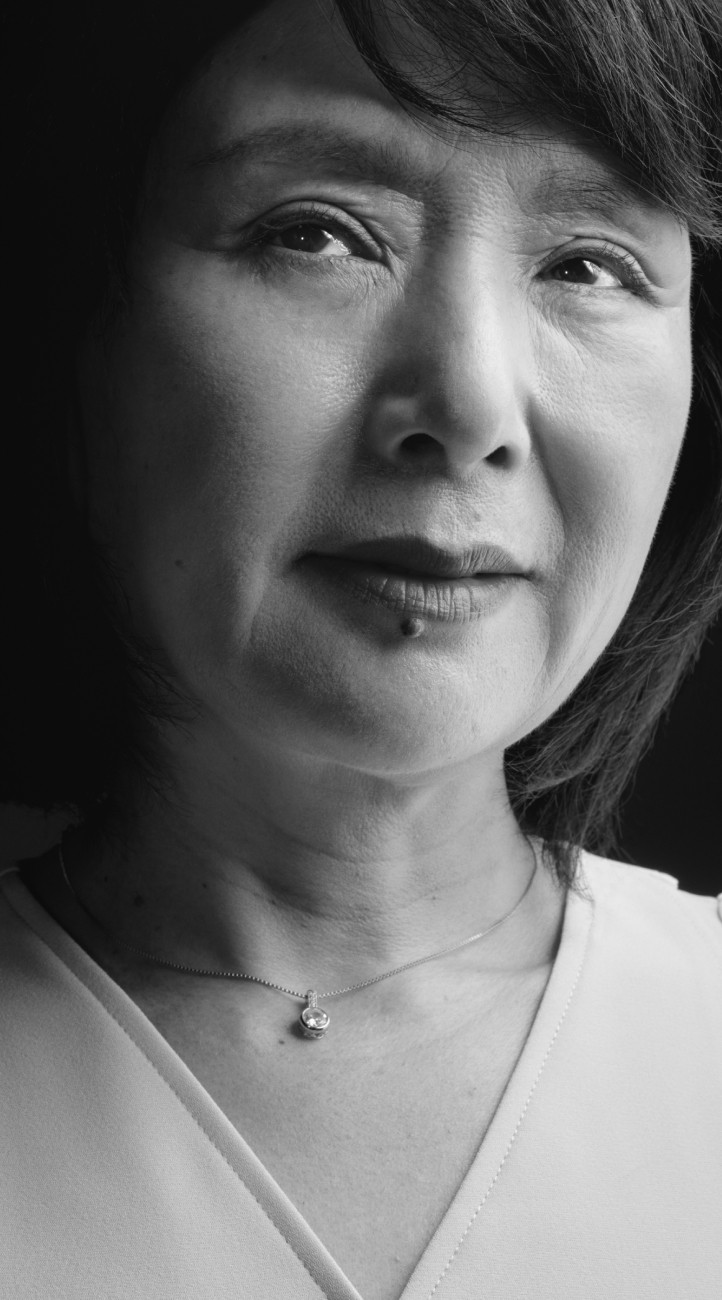“Shingles? It had never
crossed my mind. I had
blisters up and down
my arm.”*
*Inspired by real patient stories. Shingles symptoms may vary among patients.1
Patient portrayal.
STEP 1 OF 3
How old are you?
Patient portrayal.
STEP 2 OF 3
Do you suffer from a disease that weakens your immune system or are you taking medication that suppresses your body’s defences?*
*Diseases such as asthma and chronic obstructive pulmonary disorder, diabetes mellitus, chronic intestinal or kidney diseases, rheumatism and congenital or acquired immune deficiencies (e.g., as a result of chemotherapy or radiotherapy, high-dose cortisone treatment or organ transplants).Patient portrayal.
STEP 3 OF 3
Have you had chickenpox?
Patient portrayal.
Results:
People who have not had chickenpox are not at increased risk of shingles.1,4
This is not a substitute for a doctor. We therefore still recommend that you talk to your healthcare professional.
Patient portrayal.
Results:
People who have had chickenpox are at risk of shingles.1,4
Talk to your healthcare professional for more information.
Patient portrayal.
Results:
People who have had chickenpox and have an underlying disease that weakens the immune system, or are taking certain immune suppressing medications are at high risk of shingles.1-4
Talk to your healthcare professional for more information.
Patient portrayal.
Results:
People over 50 who have had chickenpox and have an underlying disease that weakens the immune system, or are taking certain immune suppressing medications are at high risk of shingles.1-4
Talk to your healthcare professional for more information.
Patient portrayal.
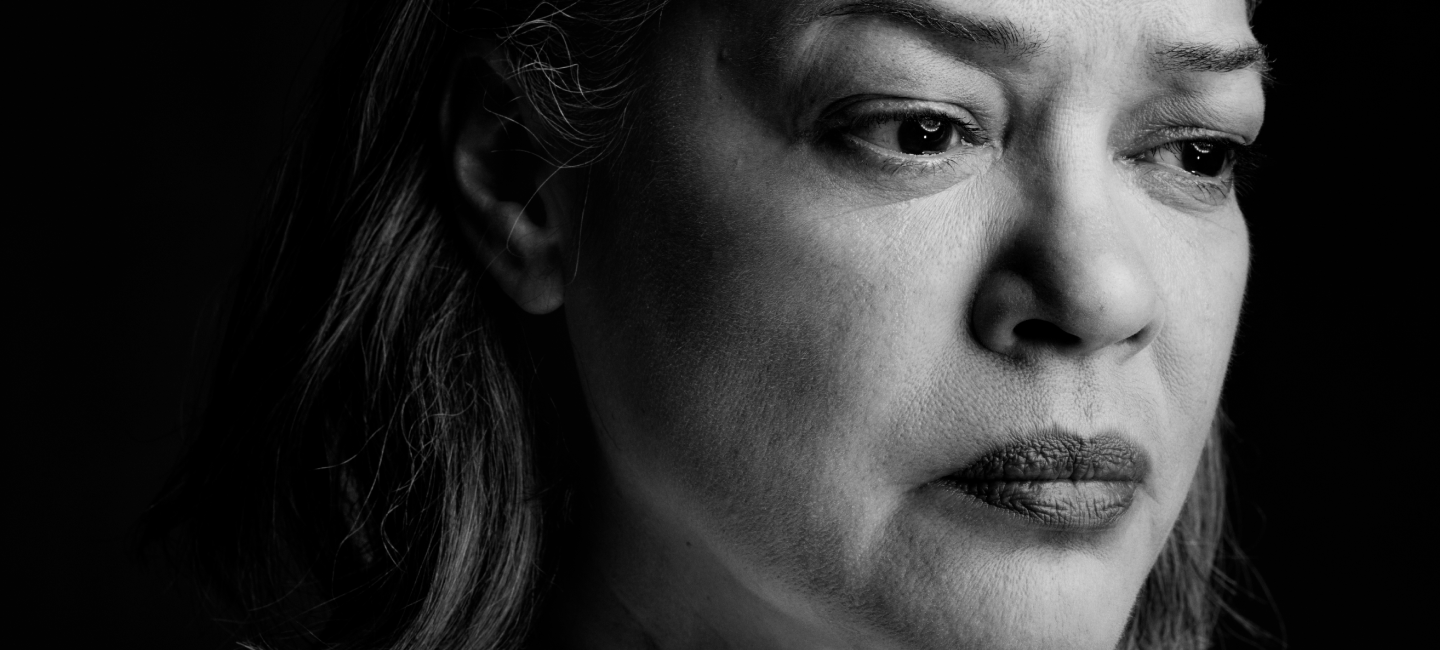



Do you know the risk factors for shingles?
If you know you could be at risk, talk to your healthcare professional.
Take the free test to understand risk factors for shingles. Answer three simple questions and see the result straight away.
Shingles risk factors:
-
Age: The risk of shingles sharply increases after 50, as the immune system is less able to keep the virus dormant.1,2 People younger than 50 are likely not at increased risk, however please note that shingles can happen at any age.1Age: The risk of shingles sharply increases after 50, as the immune system is less able to keep the virus dormant. People aged 50 or over are at increased risk of shingles.1,2Age: The risk of shingles sharply increases after 50 and continues to increase with age, as the immune system is less able to keep the virus dormant. People aged 60 or over are at increased risk of shingles.1,2
-
Diseases and medication: Some underlying medical conditions and treatments can weaken the immune system, increasing the risk of developing shingles.1 This may include but is not limited to, diabetes, kidney disease, asthma, cancer and rheumatoid arthritis.3 Risk of shingles is increased in those who have an underlying disease that weakens their immune system, or are taking certain medications.1,3Diseases and medication: Some underlying medical conditions and treatments can weaken the immune system, increasing risk of developing shingles.1 This may include but is not limited to, diabetes, kidney disease, asthma, cancer and rheumatoid arthritis.3 If someone is healthy and not taking any medications that weaken the immune system, their immunity should not be affected in this respect.1,3Diseases and medication: Some underlying medical conditions and treatments can weaken the immune system, increasing the risk of developing shingles.1 This may include but is not limited to, diabetes, kidney disease, asthma, cancer and rheumatoid arthritis.3 Risk of shingles is increased in those who have an underlying disease that weakens their immune system, or are taking certain medications.1,3
-
Chickenpox: Shingles is caused by the reactivation of the same virus that causes chickenpox. People who have had chickenpox are at risk of shingles and the virus can reactivate at any time.1*Chickenpox: Shingles is caused by the reactivation of the same virus that causes chickenpox. People who haven’t had chickenpox do not have an increased risk of shingles. It is important to know that anyone who has had chickenpox can get shingles.1 Even if you don't remember having chickenpox, 90% of people over 50 carry the virus, which can reactivate at any time.1,4*Chickenpox: Shingles is caused by the reactivation of the same virus that causes chickenpox.1 Even if you don't remember having chickenpox, 90% of people over 50 carry the virus, which can reactivate at any time.1,4*
*Not everyone at risk will develop shingles.1
Hear more from Bil, a patient who's
experienced shingles suffering
Bil is a patient advocate and was diagnosed with shingles in 2024. This is his experience; others' experiences with shingles may be different.*
*Not everyone at risk will develop shingles.1
Shingles pain can last weeks or even months.1
Shingles symptoms may vary among patients.1
All images across the webpage are patient portrayals.
References
- Harpaz R, Ortega-Sanchez IR, Seward JF. Prevention of herpes zoster: recommendations of the Advisory Committee on Immunization Practices (ACIP). MMWR Recomm Rep. 2008;57(RR-5):1–30.
- Hales CM, Harpaz R, Ortega-Sanchez I, Bialek SR. Update on recommendations for use of herpes zoster vaccine. MMWR Morb Mortal Wkly Rep. 2014;63(33):729–731.
- Marra F, Parhar K, Huang B, Vadiamudi N. Risk factors for herpes zoster infection: A meta-analysis. Open Forum Infect Dis. 2020;7:ofaa005.
- Bollaerts K, Riera-Montes M, Heininger U, et al. A systematic review of varicella seroprevalence in European countries before universal childhood immunization: deriving incidence from seroprevalence data. Epidemiol Infect. 2017;145:2666–2677.






